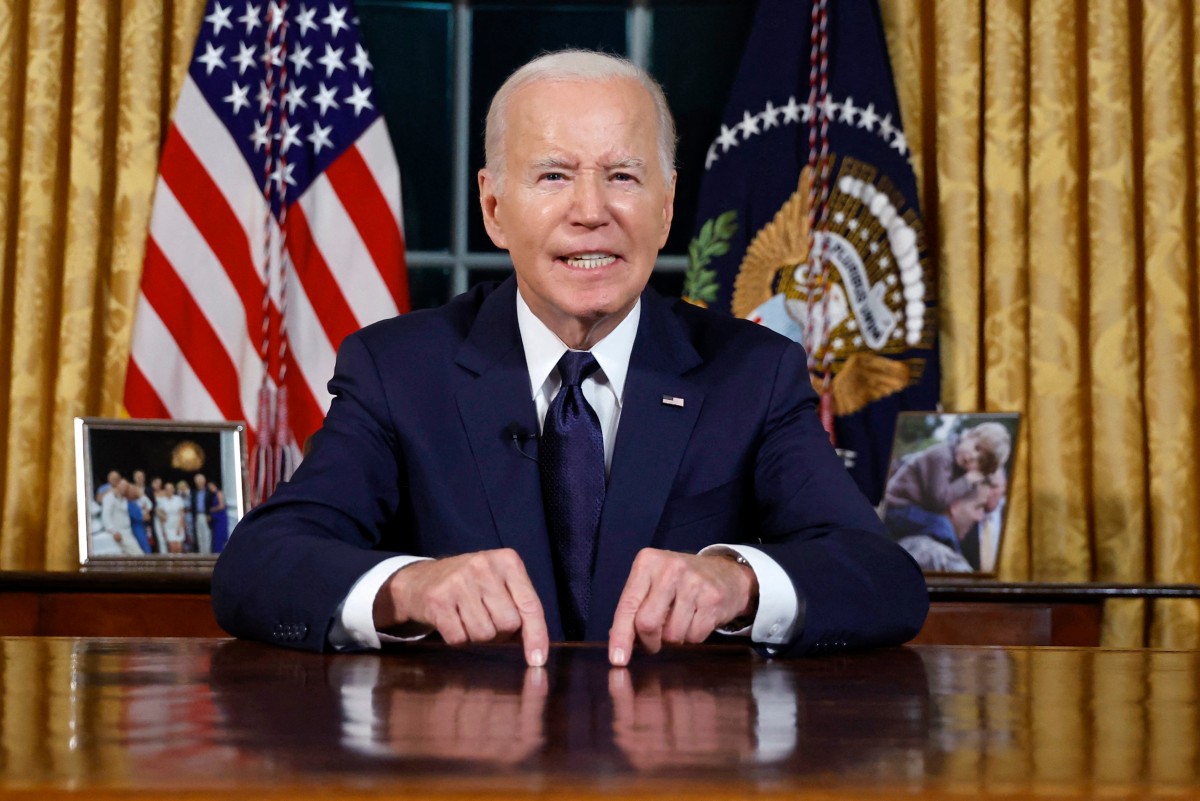Washington, United States–The United States backs pauses in Israel’s war against Hamas to allow aid to get into the Gaza Strip, the White House said Friday as Israel said it was extending ground operations.
“We would support humanitarian pauses for stuff getting in, as well as for people getting out,” White House National Security Council spokesman John Kirby told reporters.
“That includes pushing for fuel to get in and for the restoration of electrical power,” he said, adding that they were critical for medical care, water purification and “so many other needs”.
His comments came after EU leaders meeting in Brussels demanded “humanitarian corridors and pauses” in the conflict.
The Israeli army said it would extend ground operations in the Gaza Strip on Friday after significantly intensifying its air strikes on the Palestinian territory.
Gaza has faced intense air raids since its October 7 attacks on Israel. The war has left thousands dead.
Biden had received a routine briefing from his top diplomatic, military and intelligence officials on “the latest developments in Israel and Gaza”, the White House said.
But Kirby would not comment on what Biden was told, or on Israel’s latest movements and whether it was the start of a promised ground invasion of Gaza.
“We have, of course, certainly seen Israel undertake various operations on the ground in the last couple of days,” Kirby said. “But again, we’re not going to get into the habit of chiming in from the sidelines here.”
Biden and Israeli Prime Minister Benjamin Netanyahu had not spoken on Friday about the latest developments, Kirby said. The two leaders have spoken frequently since the Hamas attacks.
Kirby added that the United States had set “no red lines” for Israel but continued to ask them “hard questions” on their military goals and the protection of civilians in Gaza.
“We have not been shy about expressing our concerns over civilian casualties, collateral damage, and the approach that they might choose to take. That’s what friends can do,” he added.

